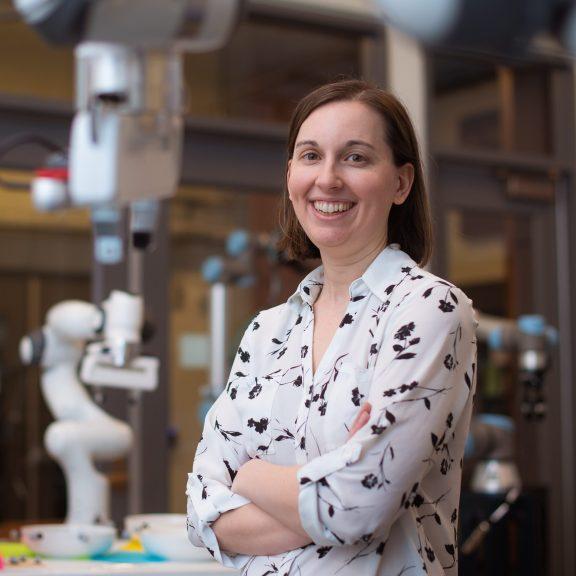
Since 2004, Rob Jackson has served a Professor in the Department of Mechanical Engineering at Auburn University. He earned his B.S., M.S., and Ph.D. degrees in Mechanical Engineering from the Georgia Institute of Technology. His research focuses on tribology, contact mechanics, electrified contacts, and lubricated bearings—critical areas for advancing mechanical systems and energy efficiency, particularly in electric vehicles (EVs). Professor Jackson directs Auburn’s Tribology Program and created one of the first undergraduate minors in tribology in 2012.

Peter Lee, Ph.D. is an Institute Engineer and the Chief Tribologist at Southwest Research Institute (SwRI), an Adjunct Professor at Texas A&M, and summer lecturer at the University of California Merced. Peter Lee received a B.Eng in Automotive Engineering and a Ph.D. in Engine Tribology from the University of Leeds, UK. Prior to attending University, Peter worked as a qualified motor vehicle technician repairing both light and heavy-duty vehicles as well as various motorsport activities on the side.

Julie Shah is the H.N. Slater Professor and Department Head of Aeronautics and Astronautics at MIT, co-leader of MIT’s Work of the Future Initiative, and director of the Interactive Robotics Group. Her research focuses on autonomous systems, human-robot collaboration, and AI planning, with applications in aerospace, healthcare, and manufacturing. Recognized by the NSF CAREER award and MIT Technology Review’s "35 Innovators Under 35," she has also received the IEEE RAS Academic Early Career Award. Prof. Shah holds S.B., S.M., and Ph.D. degrees from MIT and is co-author of What to Expect When You’re Expecting Robots.

Lead Instructor
Hanspeter Pfister is An Wang Professor of Computer Science in the School of Engineering and Applied Sciences at Harvard University. Before joining Harvard, he worked for over a decade at Mitsubishi Electric Research Laboratories where he was Associate Director and Senior Research Scientist.


